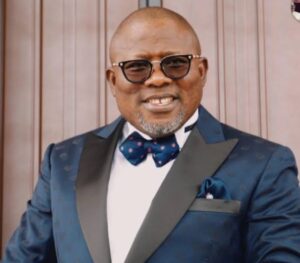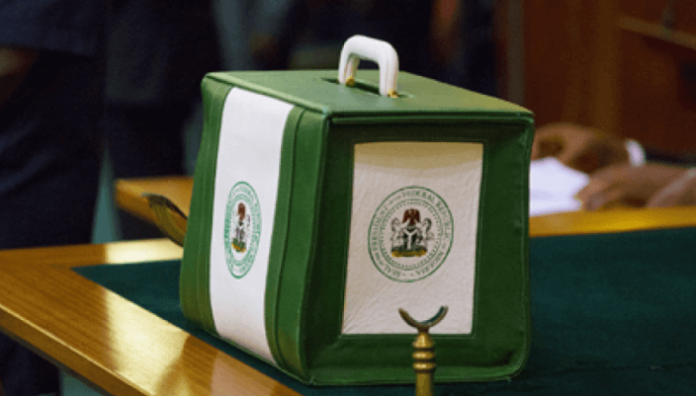In a briefing to newsmen after the State Executive Council (EXCO) meeting held on Monday, Delta State Commissioner for Economic Planning, Mr. Sonny Ekedayen, revealed the state’s proposed budget for 2025, which totals N936.1 billion.
This budget includes N587.4 billion (62.75%) allocated for capital expenditure, and N348.7 billion (37.25%) for recurrent expenditure.
Ekedayen, joined by the Commissioners for Information, Dr. Ifeanyi Osuoza; Works (Rural and Riverine Roads), Mr. Charles Aniagwu; and Riverine Infrastructure, Hon. Ebikeme Clark, explained that the 2025 budget is based on an exchange rate of N1,300 per dollar.
“This budget reflects our commitment to key sectors with a balanced approach between capital and recurrent expenditures,” Ekedayen said, adding that it marks a 29.12% increase over the previous year’s budget.
The focus for 2025 will be on agriculture, support for micro, small, and medium enterprises (MSMEs), youth empowerment, tourism, entertainment, poverty alleviation, physical infrastructure, healthcare, and education.
Ekedayen emphasized that the budget would be fully funded through organic revenue, with no borrowing. The Federal Accounts Allocation Committee (FAAC) and internally generated revenue (estimated at N140 billion) will be the primary sources of funding.
“We are committed to advancing the state’s development, and this budget will be fully organically funded,” Ekedayen reiterated. “We expect our internally generated revenue to reach at least N140 billion.”
Dr. Ifeanyi Osuoza, Commissioner for Information, spoke about the approval of several impactful projects aimed at benefiting communities across the state.
He highlighted the importance of future-focused planning as the administration approaches its two-year anniversary. Osuoza also stated that all ministry heads would be held accountable for ensuring that projects meet high standards with no tolerance for substandard work.
The council also confirmed several key appointments, including HRM Dr. Greg N. Oputa as the Obi of Aboh in Ndokwa East, and Professor Epiphany Azinge, SAN, as the Asagba of Asaba in Oshimili South Local Government Area.
On infrastructure, Osuoza noted the approval of road projects, such as the rehabilitation of Ugwhrughelli/Ehidi road, the construction of Chief Lyn Ivie Akporiche Street in Ughelli North, and the Amechi Aguisi Street in Asaba.
Additional road projects, including those in Isoko South and Okpe Local Government Areas, were also approved.
Mr. Charles Aniagwu, the Commissioner for Works, Rural and Riverine Roads, shared details of the approval for new road projects, such as the reconstruction of Uzere Asaba-Ase Bridge in Ndokwa East and Isoko South, as well as internal roads in Ika North East.
Aniagwu added that contractors whose projects had stalled for over a year would be held accountable for delays.

Hon. Ebikeme Clark, the Commissioner for Riverine Infrastructure, confirmed the approval for the construction of a Model Secondary School in Oporoza and an access road to the Nigeria Maritime University in Okerenkoko.
Clark noted that despite the university being a federal institution, the governor had deemed it necessary to improve the road network to connect its temporary and permanent sites.
“The people of riverine areas are happy with the governor and believe that with time he will do even more for them,” Clark concluded.
This proposed budget is expected to shape the state’s developmental trajectory in the coming year, focusing on infrastructure and social welfare initiatives.




